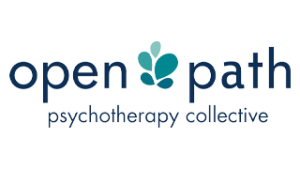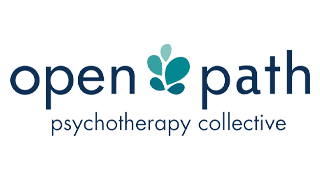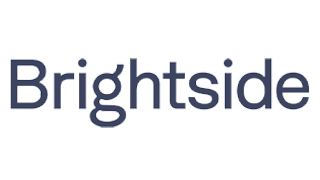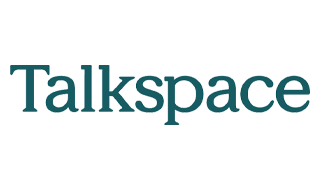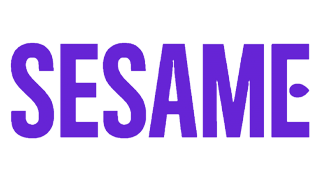Table of Contents
- We’ve spent 10,000 total hours researching online therapy platforms and testing the 26 most popular options
- We spoke with 60 mental health experts, interviewed 30 online therapy users, and surveyed 2,000 people to research our reviews.
- We spent four weeks testing Open Path, signing up and booking appointments with a practitioner to evaluate the service.
- Learn more about how we tested Open Path Collective
Key takeaways
- After paying a one-time membership fee of $65, individual therapy costs between $40–$70 per session with a licensed therapist.
- You must meet an income cutoff, have inadequate insurance, or be unable to afford full-price therapy to qualify for an Open Path membership.
- Open Path Collective can be a good option for anyone who is financially struggling to afford online therapy.
According to the American Psychological Association (APA), cost is the most common reason people in America do not seek mental health treatment. There is research that shows a significant association between financial hardship and psychological distress in U.S. adults. Worrying about money can increase your stress levels and lead to other concerns like insomnia, weight gain, anxiety, and depression.
There are therapy services that aim to make mental health care more affordable. Open Path Collective provides access to a network of therapists and therapist interns who charge discounted rates for qualified clients. Many of the practitioners affiliated with Open Path provide affordable online therapy sessions to accommodate those who live in rural areas, have limited mobility, or simply prefer the privacy and convenience of attending therapy sessions from home.
How does Open Path’s quality of care compare with other online therapy services? To find out, our Handbook Team testers signed up to attend live sessions and review the platform.
Open Path Collective highlights
Our experience with Open Path Collective
Overall, we found Open Path’s therapy directory convenient to use, with a diverse selection of therapists across multiple states. But you’ll need to meet specific financial requirements to qualify for sessions. We are very impressed with the range of filters you can use to narrow your search for a provider, including therapy type, speciality, treatment style, and particular mental health concerns or diagnoses. However, we are disappointed that there is not an option to filter providers by gender.
Who may like Open Path Collective: Those who live in a household that makes less than $100,000 per year, don’t have adequate mental health insurance, or can’t otherwise afford traditional therapy.
Who may want to avoid Open Path Collective: Anyone who wants to use insurance to pay for online therapy or doesn’t meet the income cut-off.
From one of our Open Path testers
“When I was searching [for a therapist] years ago, I faced many barriers. All the options I found were too expensive, and if I came across something that looked affordable, it ended up being more of a bot than a real person who could help. I felt hopeless and defeated. I wish I knew about Open Path then. I can’t emphasize enough how valuable it is to have an accessible platform like this.”
What is Open Path Collective?
Open Path Collective is a non-profit organization that connects people who can’t afford traditional therapy with therapists who offer sessions at discounted rates. To qualify for an Open Path membership, you’ll need to:
- Have an annual household income of less than $100,000.
- Have no health insurance, or insurance that doesn’t provide affordable access to in-network mental health care.
- Be unable to afford regular-price therapy, which Open Path defines as $80–$200 per session.
Open Path providers offer individual therapy, couples counseling, and online family therapy. Standard sessions last 50 minutes, but some therapists may have availability for slightly longer sessions.
How does Open Path Collective work?
Open Path Collective provides access to a large and diverse network of online therapists, which you can view before signing up. There is not a mobile app, but you can access and use the website from a desktop browser, phone, or tablet.
All therapists listed in Open Path’s directory are in private practice, so they may offer different ways to connect and attend online therapy sessions, like phone, video, or chat/text. You can contact therapists and book appointments directly through Open Path, or contact therapists at their practice.
Open Path charges a one-time membership fee of $65, which goes toward the non-profit group’s operating expenses. After that, you’ll pay the therapist’s sliding scale fee for individual sessions.
How to match with an online therapist on Open Path
On Open Path Collective, you’ll choose your own therapist after reviewing your options. The selection of available therapists varies by state, and not all therapists offer online sessions. For example, our tester was based in Pennsylvania and had 518 online therapists to choose from (before filtering for preferences), but changing the search location to Utah gave our testers just 38 online therapists to choose from.
We appreciate how thorough the filter options are in the therapist directory. When searching for a therapist, you can filter profiles by:
- Cost per session.
- Language.
- Therapist’s race or ethnicity.
- Therapy type (individual, couples, family, group).
- Specialty (e.g., addiction, spirituality, phobias).
- Ages treated (e.g., teens, adults, adults age 65 and older).
- Treatment style.
You can filter results by more than 100 mental health concerns, like anxiety, depression, attention deficit hyperactivity disorder (ADHD), bipolar disorder, stress, grief, family conflict, and addiction. And there are more than 200 different treatment styles to filter for, including options like cognitive behavioral therapy (CBT), acceptance commitment therapy (ACT), exposure and response prevention (ERP), eye movement desensitization and reprocessing (EMDR), and internal family systems (IFS).
That said, we were disappointed that these extensive filters didn’t include options to filter by gender identity or LGBTQ+ therapists.
From one of our Open Path testers
“I am super impressed with how thorough the filter options are. If I was looking for a really specific type of therapist, treatment model, or specialty, this would be the place to look for something like that.”
After choosing a therapist intern, one of our testers had a free initial phone consultation with them before starting therapy through the platform, followed by a video session. The tester also needed to fill out an additional onboarding health form with their therapist intern’s private practice.
How to sign up for Open Path Collective online therapy
To sign up for an Open Path membership, you’ll click “join” from the home page navigation bar and then select “join as a new member” from the dropdown menu. From there, you’ll fill out the application form, which includes your name, address, and contact information. You’ll also need to provide information about your financial situation, including your current income level and any essential expenses, such as the cost of your monthly rent or student loan payments.
Online Wellness Courses
In addition to online therapy, Open Path also hosts online social and emotional wellness courses, which you can access for a one-time fee of $4.99.
Personal wellness courses are self-paced and include options like:
- Anxiety and stress reduction.
- Self esteem 101.
- Grief and loss.
- Communication skills.
- Relationships 101.
- Financial wellness.
- Mindfulness meditation.
- Mindful social media.
Additionally, Open Path has a selection of courses that are approved to meet court ordered requirements, such as:
- Anger management.
- Alcohol and other drugs.
- Domestic violence.
- Battery intervention.
- Parenting 101.
- Co-parenting and divorce education.
- Shoplifting.
If you need a course completion certificate for court ordered therapy, you’ll need to pay an extra fee of $17 to $115. But if you’re taking the courses for personal reasons, you’ll only need to pay the one-time membership fee.
What other users are saying
According to our October 2023 Pollfish survey of 600 online therapy users, cost was the most common reason given for discontinuing treatment, followed by lack of insurance coverage.
We appreciate that Open Path provides options for those who can’t use insurance for online therapy, or that have higher out-of-pocket subscription fees.
That said, beyond wellness courses, Open Path doesn’t offer access to other bonuses that some survey respondents find important, such as support groups, group therapy, and workshops.
How much does Open Path Collective cost?
All therapists registered with Open Path Collective set their own rates, but every session costs between $40–$70 for individual therapy and $40–$80 for couples or family therapy, or $30 for a student intern therapist. Additionally, you’ll pay a one time $65 membership fee to Open Path for access to the discounted rates.
Open Path is one of the most affordable online therapy options we’ve tested to date. Keep in mind that if your financial situation changes and you no longer meet the membership criteria, Open Path may discontinue your membership or ask that you pay an increased rate for sessions with your therapist.
Is Open Path Collective covered by insurance?
No. Open Path Collective only serves people without insurance or with plans that don’t provide affordable mental health services in-network. For example, to qualify for Open Path, your plan should have a high deductible you haven’t yet met or a co-pay that’s higher than $70–$80 per session.
If you need to find a platform that accepts your insurance, read our review of online therapy that takes insurance.
How to save money on Open Path Collective
Open Path Collective offers therapy sessions at a discounted price, so it doesn’t provide any additional financial aid options or seasonal discounts.
That said, if you’re willing to see a student therapist intern, you’ll pay a flat rate of $30 per session, which is $10 less than the lowest per-session cost for a certified Open Path therapist. One of our testers worked with a student therapist and said they felt comfortable with the process.
From one of our Open Path testers
“I could tell [my student therapist] was really listening to what I said. She would write and nod as I talked and she would bring up something I had discussed earlier back into our conversation, which made me feel heard.”
Our experience with Open Path Collective customer service
Open Path offers live chat on their website, available from 8 a.m. to 6 p.m. ET, Monday through Thursday. You can also email them at [email protected].
Open Path promises an email response within 48 hours. When one of our testers emailed customer service, they had a response to their question within seven hours.
Our Open Path Collective testing experience
We spent more than 10,000 hours researching online platforms, consulting more than 70 mental health experts, conducting focus groups with 2,000 people, and interviewing 30 online therapy users. We combined this information with our firsthand testing experience to bring you the most up-to-date online therapy information possible.
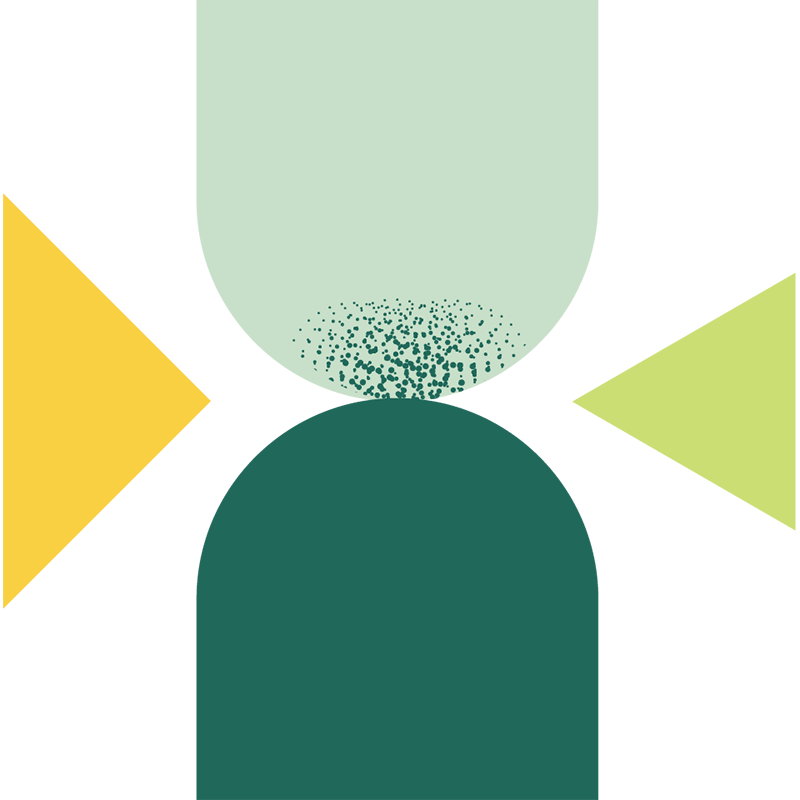
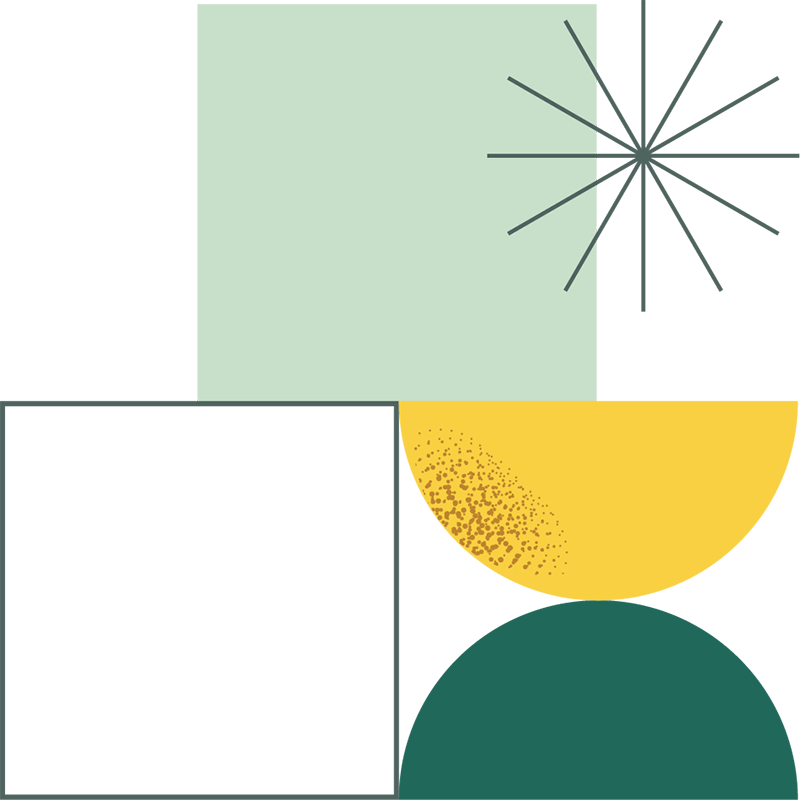
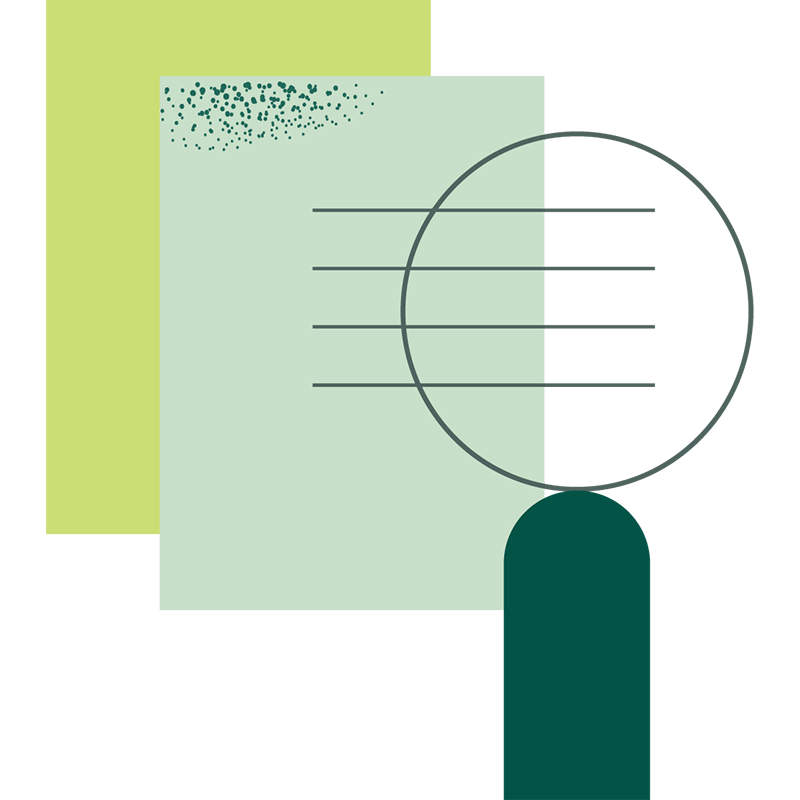
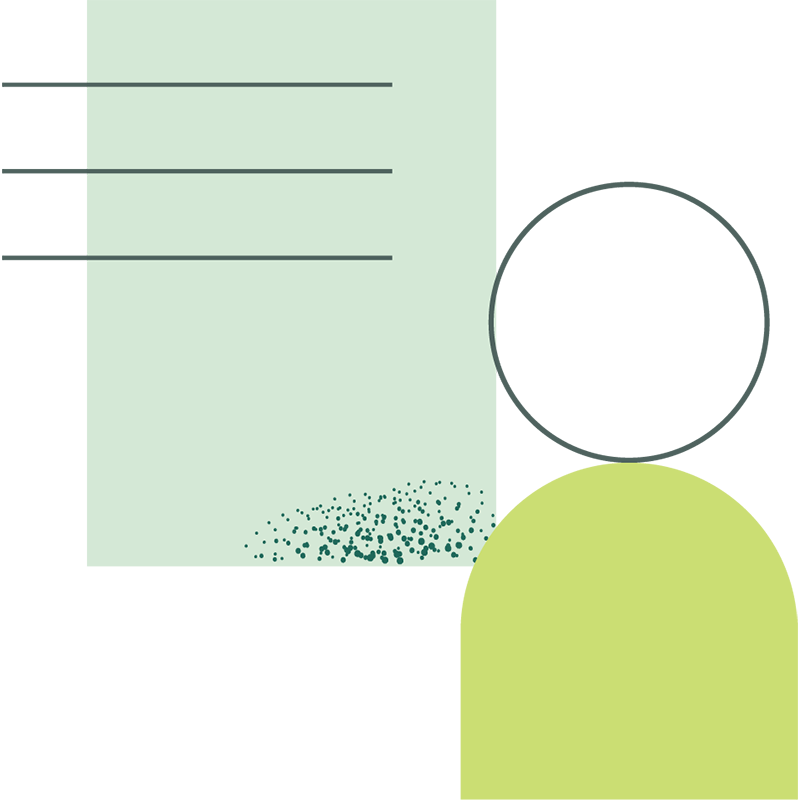
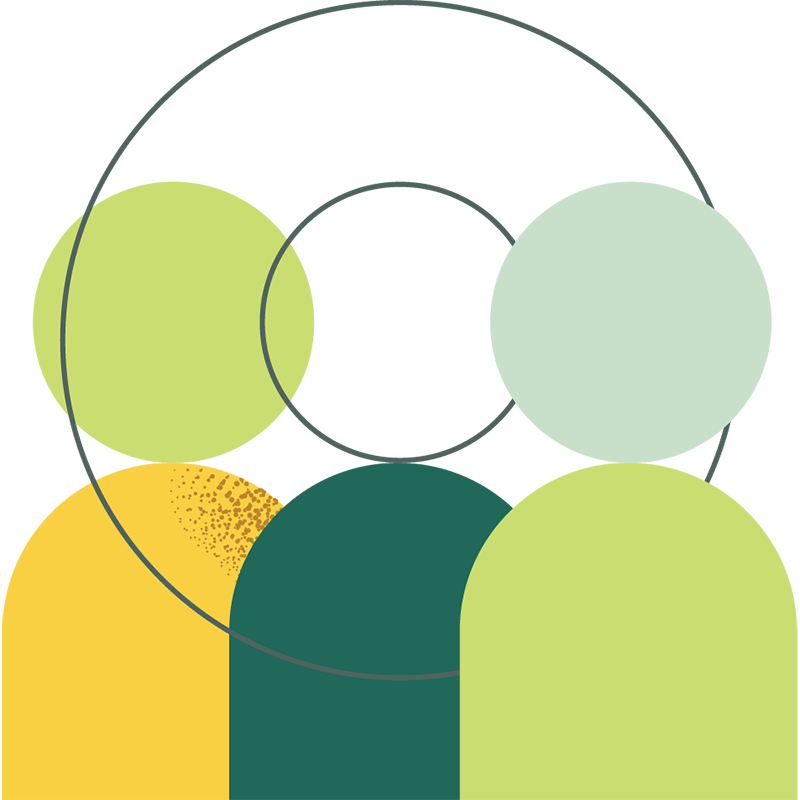

When testing Open Path Collective, we thoroughly assessed their:
- Therapist selection.
- Affordability.
- Therapy session quality.
- Website ease of use.
- Customer service responsiveness.
Compare Open Path Collective to other online therapy platforms
While Open Path is one of the more affordable online therapy options we’ve tried, it doesn’t accept insurance and has an income cutoff. It also doesn’t provide access to online psychiatry or prescription medication. If you need access to online therapy for anxiety, depression, addiction, or another mental health concern, but don’t qualify for Open Path, explore more therapy options below.
| Cost | $30–$80 per session | $65–$90 per week | $74.75 per week for therapy | $69–$109 per week for therapy | Varies by therapist |
| Insurance accepted? | No | No | Yes | Yes | Yes |
| Services | Individual therapy, couples therapy, family therapy | Individual therapy, group therapy | Individual therapy, couples therapy, psychiatry | Individual therapy, couples therapy, psychiatry | Individual therapy, couples therapy, family therapy, psychiatry |
| Best for | People who can’t afford traditional therapy and don’t have adequate insurance | People who want to pay for online therapy out of pocket | People who want to combine online therapy with online psychiatry | People who want to pay for online therapy with insurance | People who prefer to pay per session for online therapy |
Our final verdict
In all, we found Open Path collective easy to use and think it may make a valuable resource for those who can’t financially access therapy otherwise. We also appreciate that the therapist directory is free to browse without first creating an account, and we are impressed by the amount of filters you can use to refine your search for the right provider.
Open Path membership is only available to those who have a household income of $100,000 or less per year and don’t have insurance that covers affordable mental healthcare. If your household income is higher than that or you would prefer to pay with insurance, options like Talkspace, Brightside, or Sesame may provide a better fit.
Frequently asked questions
Open Path Collective serves people who are uninsured or underinsured, can’t afford traditional therapy, or wouldn’t otherwise have financial access to therapy sessions.
A lifetime membership to Open Path Collective costs $65. After that, you’ll pay from $30–$80 per session.
Evidence indicates that some therapy techniques used to treat depression and anxiety, like cognitive behavioral therapy (CBT), can be effective when done online. According to UCLA Health, online CBT can be just as effective as in-person therapy for depression.
- Conroy, J., Lin, L., and Ghaness, A. (2020, July). Why people aren’t getting the care they need. American Psychology Association. Link
- Ryu, S., and Fan, L. The Relationship Between Financial Worries and Psychological Distress Among U.S. Adults. (2022, February 1). Journal of Family and Economic Issues, 44(1), 16–33. Link
- University of Missouri School of Medicine. (2020, February 12). Research Points to Potential Brain Marker of Stress and Its Effects on Problem-Solving. Link
- Is online therapy right for you? (2023, November). UCLA Health. Link
- Pollfish Online Therapy Survey. (October, 2023). Handbook Team.




